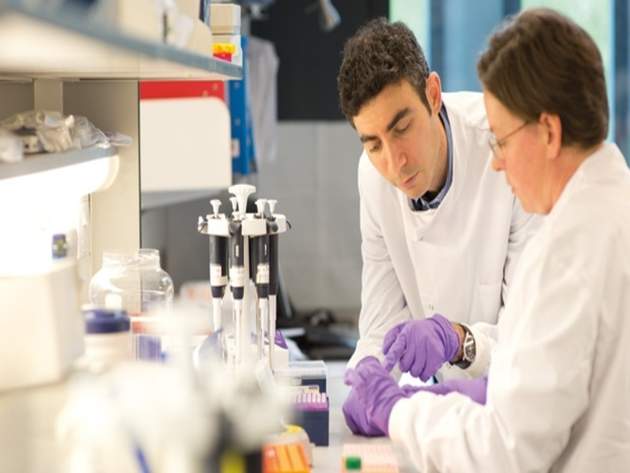

Cancer Research UK has initiated a clinical trial of LY3143921 hydrate at four clinical sites in the country to treat patients with advanced solid tumours.

Discover B2B Marketing That Performs
Combine business intelligence and editorial excellence to reach engaged professionals across 36 leading media platforms.
Originally discovered by Eli Lilly Company, LY3143921 hydrate is being developed as an inhibitor of Cdc7 protein.
Cancers with a fault in their p53 gene such as metastatic bowel, squamous non-small-cell lung and high-grade serous ovarian cancers are expected to be sensitive to Cdc7 inhibition.
Launched through Centre for Drug Development, the trial will include two parts where the drug candidate will be orally administered once a day for 21 days in 12 cycles.
Cancer Research UK-funded clinical researcher and chief investigator professor Richard Wilson said: “It’s very early days, but this trial will help us to understand whether this drug could help cancer patients and whether it has the potential to stop the growth of many different cancer types, particularly those with loss of p53 function.”

US Tariffs are shifting - will you react or anticipate?
Don’t let policy changes catch you off guard. Stay proactive with real-time data and expert analysis.
By GlobalDataThe trial is designed to evaluate safety and tolerability, as well as determine the recommended dose for patients with advanced bowel, lung, ovarian, urothelial, pancreatic, breast, head and neck, and oesophagal cancers.
In the first part of the trial, subjects will be given increasing doses of LY3143921 hydrate to establish the safest dose that best targets the cancer cells.
A larger patient group in the second part will receive the highest tolerated dose to assess its effect on the cancer cells.
Other tumours with reported high levels of p53 loss or mutation such as squamous carcinoma of the oesophagus, urothelial cancer, squamous carcinoma of the head and neck, triple negative breast cancer and pancreatic cancer will also be evaluated in this trial.
Image: New trial tests advanced solid tumour drug. Photo: courtesy of Cancer Research UK.





